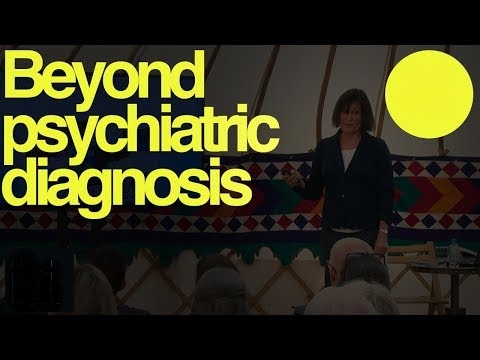The study, led by researchers at the University of Liverpool, concluded that psychiatric diagnoses are “scientifically meaningless,” and worthless as tools to accurately identify and address mental distress at an individual level.
The study involved a detailed analysis of five key chapters of the latest edition of the widely used Diagnostic and Statistical Manual (DSM), on ‘schizophrenia’, ‘bipolar disorder’, ‘depressive disorders’, ‘anxiety disorders’ and ‘trauma-related disorders’.
Diagnostic manuals such as the DSM were created to provide a common diagnostic language for mental health professionals and attempt to provide a definitive list of mental health problems, including their symptoms.
The main findings of the research were:
- Psychiatric diagnoses all use different decision-making rules
- There is a huge amount of overlap in symptoms between diagnoses
- Almost all diagnoses mask the role of trauma and adverse events
- Diagnoses tell us little about the individual patient and what treatment they need
Lead researcher Dr Kate Allsopp, University of Liverpool, said: “Although diagnostic labels create the illusion of an explanation they are scientifically meaningless and can create stigma and prejudice. I hope these findings will encourage mental health professionals to think beyond diagnoses and consider other explanations of mental distress, such as trauma and other adverse life experiences.”
Professor Peter Kinderman, University of Liverpool, said: “Diagnoses frequently and uncritically reported as ‘real illnesses’ are in fact made on the basis of internally inconsistent, confused and contradictory patterns of largely arbitrary criteria. The diagnostic system wrongly assumes that all distress results from disorder, and relies heavily on subjective judgments about what is normal.”
The authors conclude that diagnostic labeling represents “a disingenuous categorical system.”
Journal Reference:
Kate Allsopp, John Read, Rhiannon Corcoran, Peter Kinderman. Heterogeneity in psychiatric diagnostic classification. Psychiatry Research, 2019; 279: 15 DOI: 10.1016/j.psychres.2019.07.005
Tags: mental health Psychiatry Research











